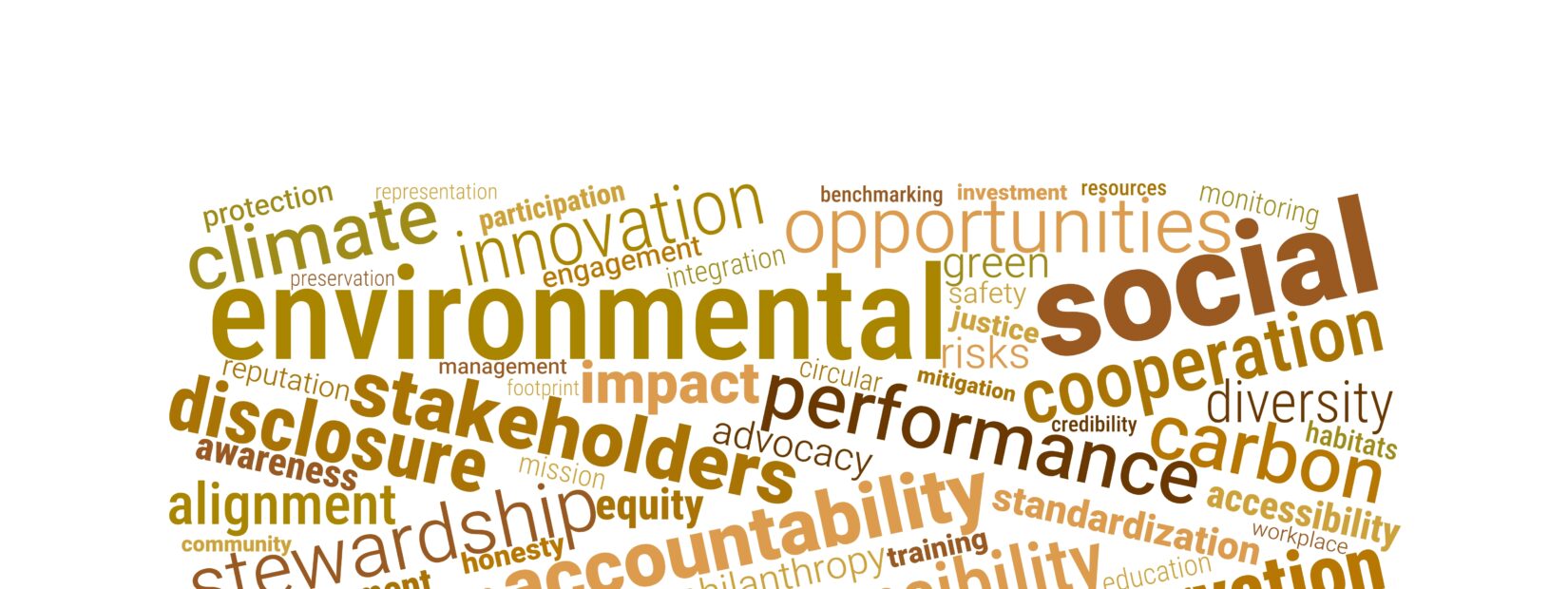It’s no secret that ESG and sustainability-related terminology has become increasingly politicised. In this context, the language we use to describe such strategies is crucial to sustain capital flows into areas which allow institutional investors to future-proof portfolios.
There has been growing scrutiny and arguably some visceral reactions to these terms in some quarters. A lack of clarity is central to the problem, with institutional investors growing more wary of reputational and investment risk, complexity and unclear outcomes.
In light of this hesitance, and conversely, as the approach to ESG and sustainability matures, the industry is seeing a shift away from more ideological concepts towards a sharper focus on specific themes, financial materiality and impact.
ESG and sustainable investment experts have told us that sharpening the focus in this way is central to achieving the dual objectives that most investors can agree upon: delivering competitive risk-adjusted returns and supporting economic sustainability.
Conversations with investors who are less experienced in ESG issues have indicated that the focus on financial materiality leads to a more amenable attitude towards sustainable strategies among their stakeholders.
Directing capital flows
The terminology around ESG and sustainability is not just about optics, it has the power to shape capital flows. Institutional investors must justify their investment selections to their stakeholders. And holding assets with potentially controversial labels can make this task significantly more challenging.
Throughout its history, the terminology related to ESG and sustainable investing has suffered from a lack of standardisation and clarity, which has undoubtedly fuelled the controversy playing out in the current environment.
During an interview on the subject, an ESG expert at an asset manager explained that the language used is critical to perceptions and uptake among institutional clients. Further, a number of research studies we have conducted on behalf of our clients have shown that discussing ESG and sustainability in broad, ideological terms can often deter investors, particularly those based in the US.
Referring to tangible economic opportunities and specific strategies such as investment in the energy transition or sustainable real estate, and demonstrating clear links to financial returns, leads to more productive discussions.
The rise of specialisation and increased clarity
The need to be more distinct when talking about ESG and sustainable investments is also being driven by an increase in specialist knowledge among investors. Those more experienced investors are no longer looking for broad strategies which cast a wide net. Rather, they want to capitalise on specific opportunities they see in the market, as their deeper expertise allows them to be more selective and to better understand where real value is being created.
Regulators are also seeking to support this shift by bringing greater clarity to what some would argue had become an amorphous sustainable fund landscape.
European regulator ESMA released its ‘Guidelines on funds’ names using ESG or sustainability-related terms’ in May 2024.[1]
These guidelines stipulate that any fund with ESG, impact or sustainability terms in its name must use at least 80% of its investments to meet the environmental or social characteristics or sustainable investment objectives outlined in its policy or prospectus.
The guidelines prompted a number of asset managers to review the way their funds are named, with some choosing to remove ESG and sustainable labels.[2]
Many proponents of sustainable investing acknowledge that it continues to experience growing pains and must evolve to address the criticism directed towards it – some of it warranted, and some perhaps overstated. The shift towards greater specificity, and the work being done by investors, managers and regulators to bring more clarity to sustainable investment practices will be central to that evolution.
Angele Spiteri Paris is a senior research consultant at CoreData Group, a global specialist financial services research and strategy consultancy. To find out more about our industry insights and research programmes, you can reach her at [email protected]
[1] Guidelines on funds’ names using ESG or sustainability-related terms, ESMA, 2024
[1] HSBC updates fund names for ESMA guidelines compliance, Investing.com, 2025
